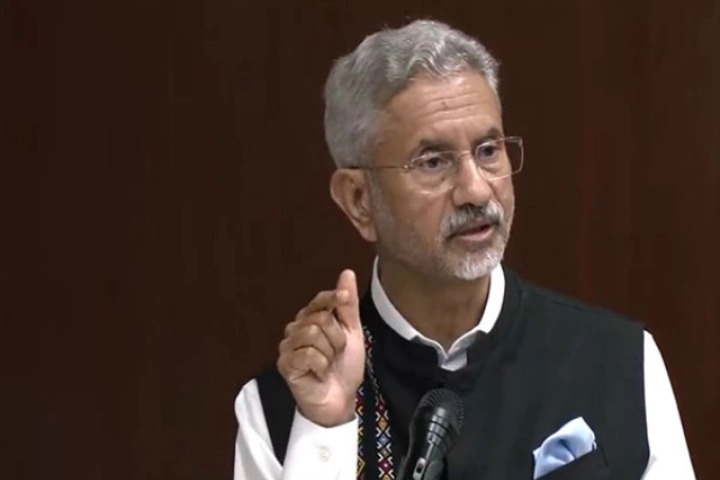Describing Northeast India as a “big beneficiary” of dramatic improvement in India-Bangladesh ties, External Affairs Minister S Jaishankar said that the first few decades after the partition of India, in a number of ways, stunted the growth of the region.
Stating that numerous factors played the role, which included political barriers, as well as administrative issues, and adding that “In a way, what we are seeing now is something that should have come much earlier if history had been kinder to us.”
During an interactive session on Northeast India’s integration with Southeast Asia and Japan at Kirori Mal College, New Delhi, Jaishankar said, “The partition of India in many ways broke or undermined a lot of the natural connectivity that the northeast India had enjoyed and would have enjoyed otherwise…The first few decades after our partition, the levels of growth that Northeast India should have seen, we actually saw that stunted because they did not enjoy all the advantages which many other parts of India had, simply because there were political barriers, administrative issues and therefore, in a way, what we are seeing now is something that should have come much earlier if history had been kinder to us.”
“If you look at the last decade, Northeast India has actually been a big beneficiary of this dramatic improvement in India-Bangladesh ties, when we did the land boundary agreement in 2015, once things settled down, there was a new level of trust and confidence between India and Bangladesh…” he said, lauding the growth in the region, and how it boosted New Delhi’s ties with Dhaka back in the day.
The EAM further underlined how he “always tell people, for India to Look East”, and added that “Delhi should first Look East and see the Northeast.”
“It is when the potential and the possibilities of the Northeast are fully appreciated…” Jaishankar said.
Notably, India and Bangladesh share bonds of history, language, culture, and multitude of other commonalities.
The bilateral ties between the two nations reflect an all-encompassing partnership based on sovereignty, equality, trust, and understanding that goes far beyond a strategic partnership.
Quite recently, Prime Minister Narendra Modi said that North East plays a major role in making India a developed country.
The Prime Minister further said that the BJP is working towards the ‘HIRA’ (Highway, Internet, Railway, and Airway) developmental model for the North East which will act as bridge of a larger connectivity vision for connecting North-eastern states.
The project is a part of the Indian government Act East policy, aimed at boosting trade with the East and Southeast Asian countries and in line with the ‘HIRA’ developmental model for the North East.
The bridge is a part of a larger connectivity vision of connecting North-eastern states within and with the neighbouring countries through land, water, air, and the internet.




















